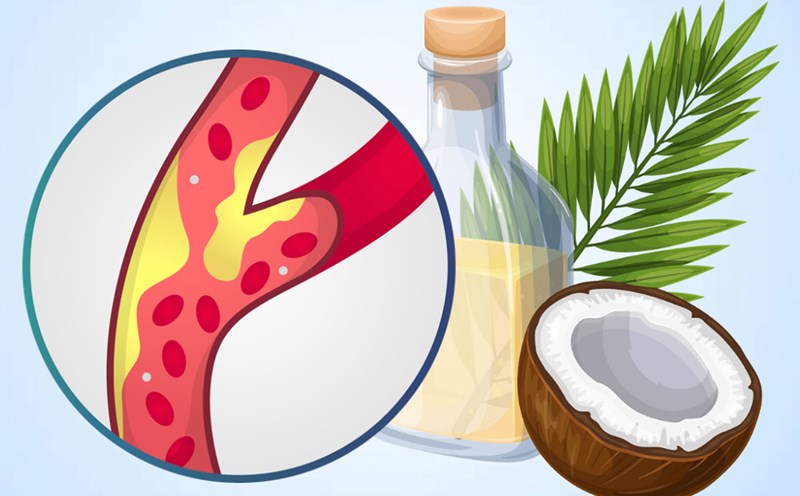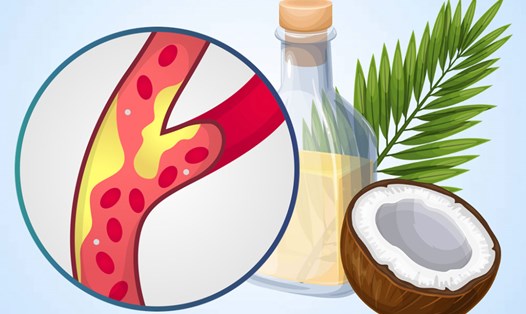High cholesterol is no longer a problem for the elderly. Nowadays, many people in their 20s and 30s have encountered this condition. If left unchecked, high cholesterol can lead to serious cardiovascular diseases. Early screening and maintaining a healthy lifestyle are effective ways to protect cardiovascular health.
Causes of high cholesterol in young people
According to Dr. H. Guru Prasad, Director of Clinical Medicine and Head of Internal Medicine, CARE Hospital, Hyderabad (India), high cholesterol in young people often comes from two main causes:
Genetic factors: If parents or relatives have a history of high cholesterol or early cardiovascular disease, young people are at higher risk even when looking healthy.
Lifestyle: Unbalanced eating habits, consuming sugary drinks, lack of exercise, lack of sleep or staying up late can increase bad cholesterol (LDL) and triglycerides, causing plaque buildup in the arteries.
The impact of high cholesterol on the body
Dr. H. Guru Prasad said that high cholesterol forms plaque in the arteries, thereby increasing the risk of narrowing blood vessels, causing chest pain, heart attack and stroke. Warning signs to note:
Shortness of breath or rapid breathing with light exercise.
Chest pain when exercising or doing strenuous activities.
Numbness or pain in the hands and feet.
yellow patches appear around the eyes or tendons (rarely seen).
Young people often ignore these signs because they think they are too young to have heart disease, leading to late detection.
The importance of screening
Regular cholesterol filtering is an important step to protect cardiovascular health. Early testing helps detect high cholesterol levels, thereby applying timely lifestyle adjustment or treatment measures, reducing the risk of serious cardiovascular diseases in the future.
Lifestyle changes to control cholesterol
According to Dr. Prasad, the following measures help control cholesterol effectively:
Eat home-cooked meals rich in vegetables, fruits, whole grains and lentils.
Limit fried foods, red meat, and foods containing trans fats.
Exercise at least 150 minutes a week, including walking, cycling, swimming or other physical activities.
Maintain a regular sleep schedule and manage stress.
Quit smoking and limit alcohol.
The information in the article is for reference only, not a replacement for medical diagnosis or treatment. You should talk directly to your doctor for accurate advice that is suitable for your health condition.











